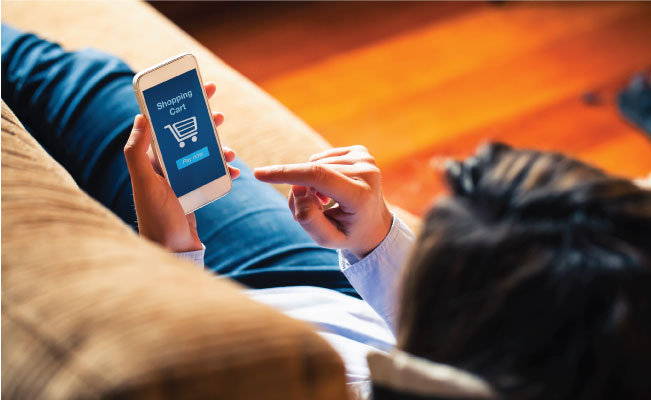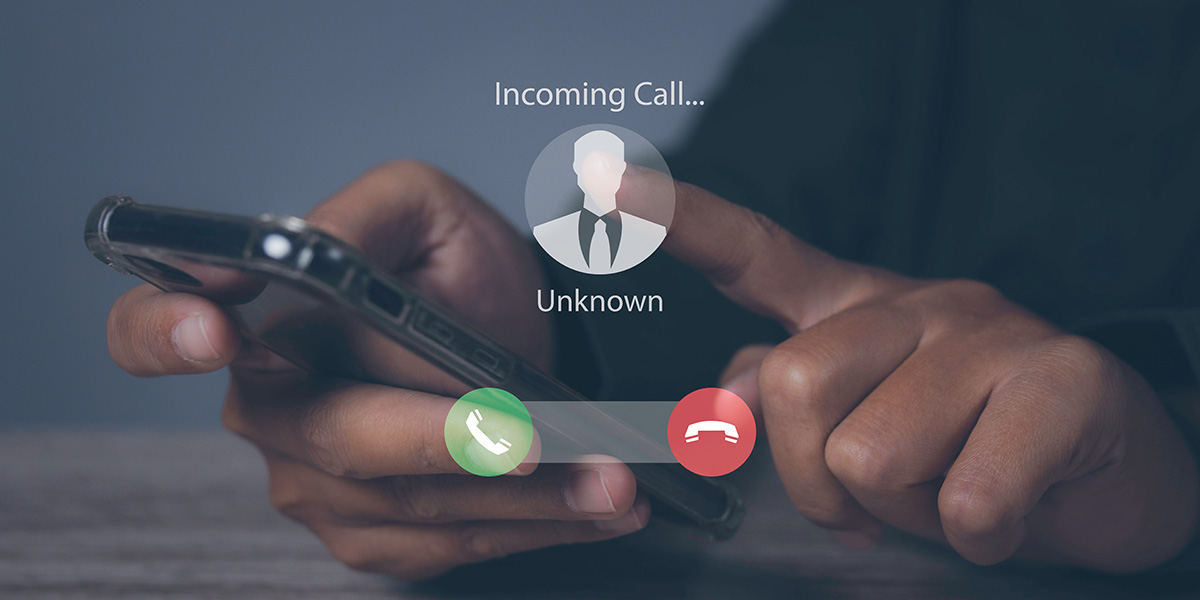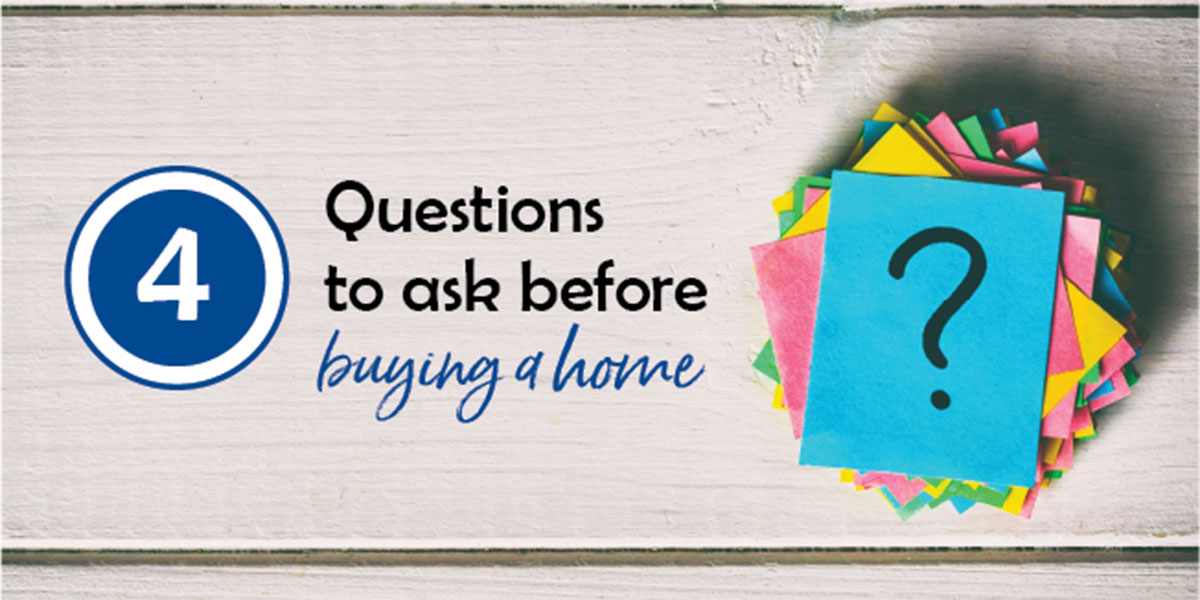
Tips for Protecting Yourself Online
March 3, 2021
The internet is a powerful resource that we depend on everyday for shopping, banking, and connecting with friends. Yet, for all its advantages, it can also make you vulnerable to fraud, identity theft, and other scams.As cybercrime becomes more prevalent, it is important for users to take steps to protect themselves. Safeguarding your personal information and money is a partnership between you and your bank. We work diligently to protect your information and so should you. Here are some important tips to help consumers stay safe and secure online:
- DO NOT allow anyone you don't know and trust to remote into your device. If someone contacts you online or over the phone and asks for remote access to your computer, phone, or tablet, be extremely cautious. Once they have access to your device, they can access any information you have stored, and can monitor any usernames and passwords you type. If you have any doubt that the person is who they say they are, stop what you're doing (or hang up the phone), find the company's contact information from a reliable source (like the official company website), and call them directly. If the contact is legitimate, they'll be able to find record of your conversation and continue helping you.
- Keep your computers and mobile devices up to date. Having the latest security software, web browser, and operating system are the best defenses against viruses, malware, and other online threats. Turn on automatic updates so you receive the newest fixes as they become available.
- Set strong passwords. A strong password is at least eight characters in length and includes a mix of upper and lowercase letters, numbers, and special characters. Once you've created your password, keep it private.
- Watch out for phishing scams. Phishing scams use fraudulent emails and websites to trick users into disclosing private account or login information. Do not click on links or open any attachments or pop-up screens from sources you are not familiar with.
- Keep personal information personal. Hackers can use social media profiles to figure out your passwords and answer those security questions in the password reset tools. Lock down your privacy settings and avoid posting things like birthdays, addresses, mother’s maiden name, etc. Be wary of requests to connect from people you do not know.
- Secure your internet connection. Always protect your home wireless network with a password. When connecting to public Wi-Fi networks, be cautious about what information you are sending over it.
- Shop safely. Before shopping online, make sure the website uses secure technology. When you are at the checkout screen, verify that the web address begins with https. Also, check to see if a tiny locked padlock symbol appears on the page.
- Read the site’s privacy policies. Though long and complex, privacy policies tell you how the site protects the personal information it collects.












